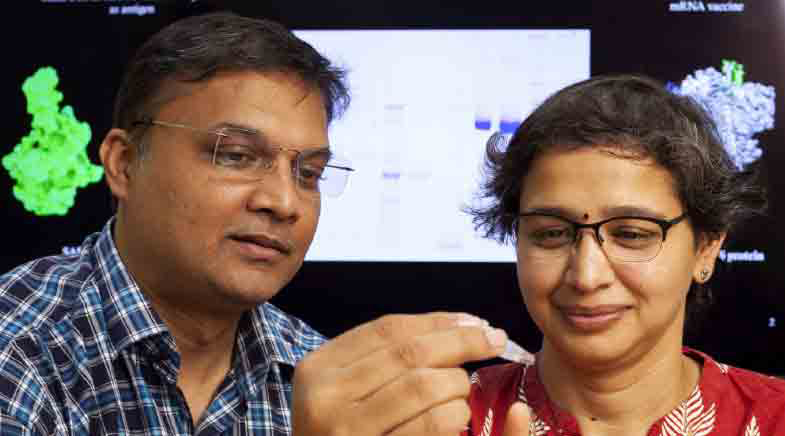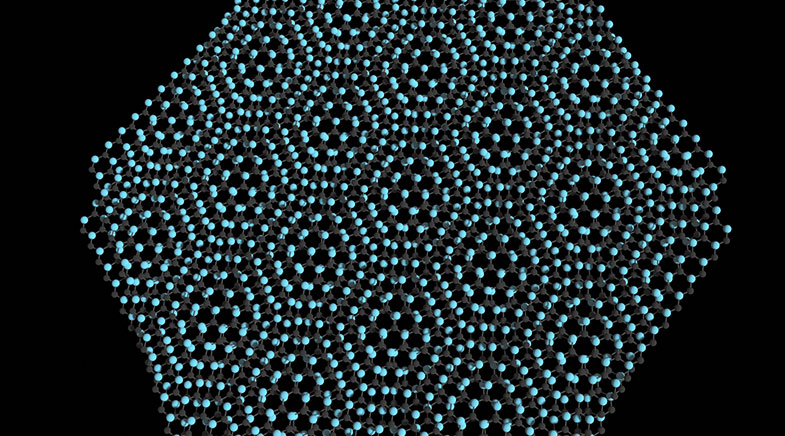Alan Turing: The enigmatic codebreaker
-
- from Shaastra :: vol 02 issue 06 :: Nov - Dec 2023
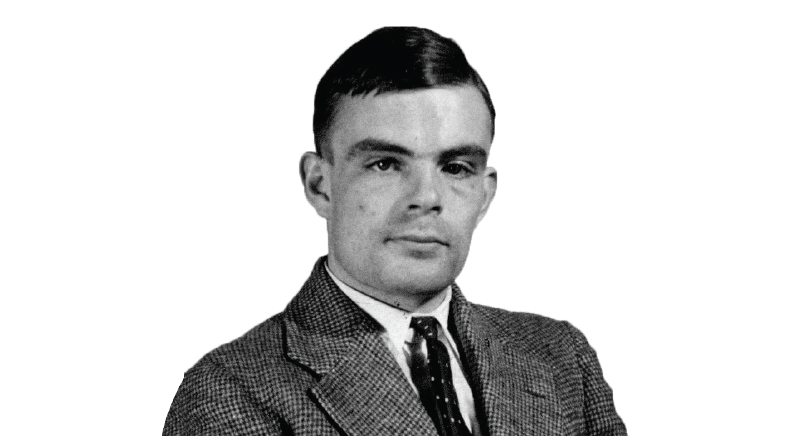
Mathematician Alan Turing's role in cracking German ciphers shaped the course of the Second World War and saved millions of lives.
The Hamas terrorist attack on Israel on October 7, which has set off a bloody conflict between the two, flagged the failure of Israel's 'signals intelligence' (SIGINT) programme, the electronics 'armour' widely renowned as the world's best, which protects its borders by tracking radio communications. SIGINT, including the interception and decoding of electronic messages of the 'enemy', is an integral part of military strategy, and has shaped the outcome of many wars. Perhaps the most impactful SIGINT programme ever was the one effected during the Second World War, when a team of Allied cryptographers, spearheaded by mathematician Alan Turing, cracked the German coded messages about the Nazi forces' deadly naval manoeuvres, particularly in the Battle of the Atlantic. It was an inspirational exercise in harnessing science and technology in the cause of ending a war and saving lives.
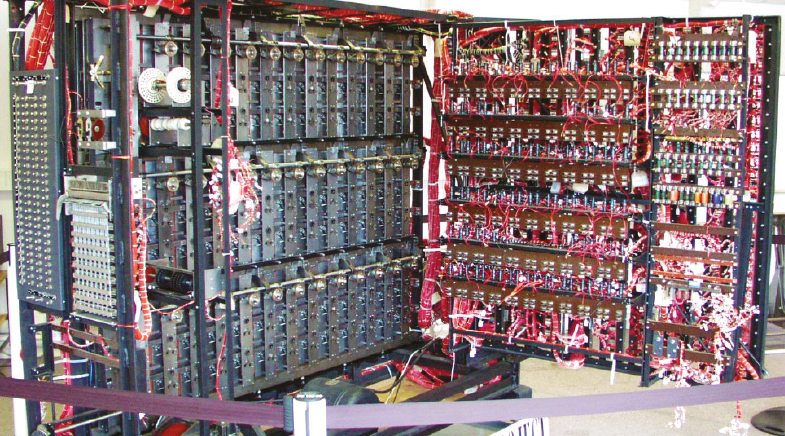
The German navy, especially its devastating U-boats, relied extensively on radio communications, which were cunningly encrypted. The cipher device at the centre of these encryptions was Enigma, a portable machine invented by a German engineer at the end of the First World War.
The Enigma had an electromechanical rotor mechanism, which scrambled the letters of the alphabet in the top-secret military messages. Its encryption settings were changed daily.
Turing and his codebreaker team harnessed science and technology in the cause of ending a war and saving lives.
Until the outbreak of the War, Turing had devoted himself to nerdy mathematical research. His explorations helped shape the development of theoretical computer science, and formalised the concepts of algorithm and computation. The Turing machine, which he conceptualised, offered a template for the latter-day computer.
From 1938, Turing's services were enlisted in British efforts to crack German codes, under the Government Code & Cypher School (GC&CS).
LOST TREASURE
Alan Turing was worried that the War would erode his monetary savings. Reasoning that silver would gain in value, he invested in silver ingots. But instead of storing them in a bank, Turing buried them in the woods around Bletchley Park, and devised a code to mark the location. After the War, he tried to find his hoard, but since the countryside landmarks had changed, he was never able to find it.
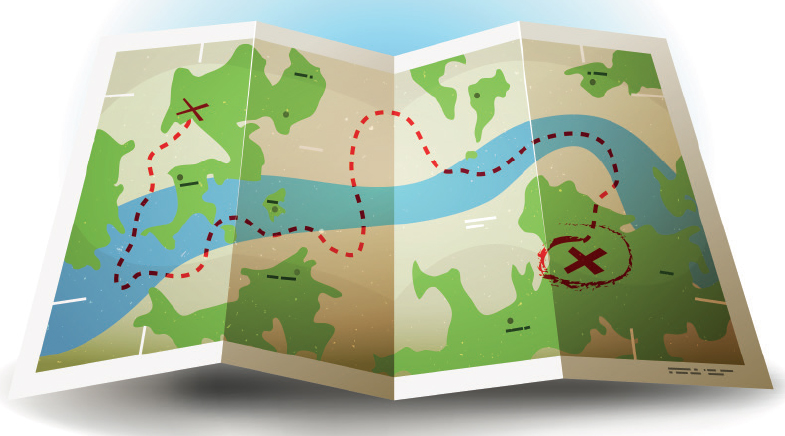
In 1939, Turing assembled a team of cryptologists at Bletchley Park, an estate near London, which became the epicentre of the GC&CS-directed top-secret Allied codebreaking effort. Working in Hut 8 (the section tasked with solving Enigma naval ciphers), scientists chipped away at vulnerabilities in German cryptographic procedures.
It is hard to estimate with precision the impact of the SIGINT obtained by the Bletchley Park codebreakers. War historian Sir Harry Hinsley estimated (bit.ly/Turing-war) that it "shortened the war by not less than two years and probably by four years". At least 14 million lives are estimated to have been saved.
TEACUP TENSION
One of the 'Huts' at Bletchley Park housed a tea room, from where teacups would disappear at a prodigious rate. Evidently, some of the codebreakers would saunter around the estate carrying their tea, and if inspiration struck them, they would fling the cup into the lake. To preserve his crockery, Turing chained his mug to the radiator (bit.ly/turing-teacup).

Turing's contribution was never formally recognised in the U.K. Some of it may have been because it was top-secret work that had been classified after the War ended. Additionally, Turing was a homosexual living in a time when people of non-traditional sexual orientation were prosecuted. Turing himself was convicted of "gross indecency". He died of cyanide poisoning in 1952; the enigmatic man who had cracked a critical code – and laid the foundations for computer science and artificial intelligence – had evidently taken his own life. Decades later, the British government apologised for its "appalling" treatment of Turing and officially pardoned him.
Have a
story idea?
Tell us.
Do you have a recent research paper or an idea for a science/technology-themed article that you'd like to tell us about?
GET IN TOUCH
